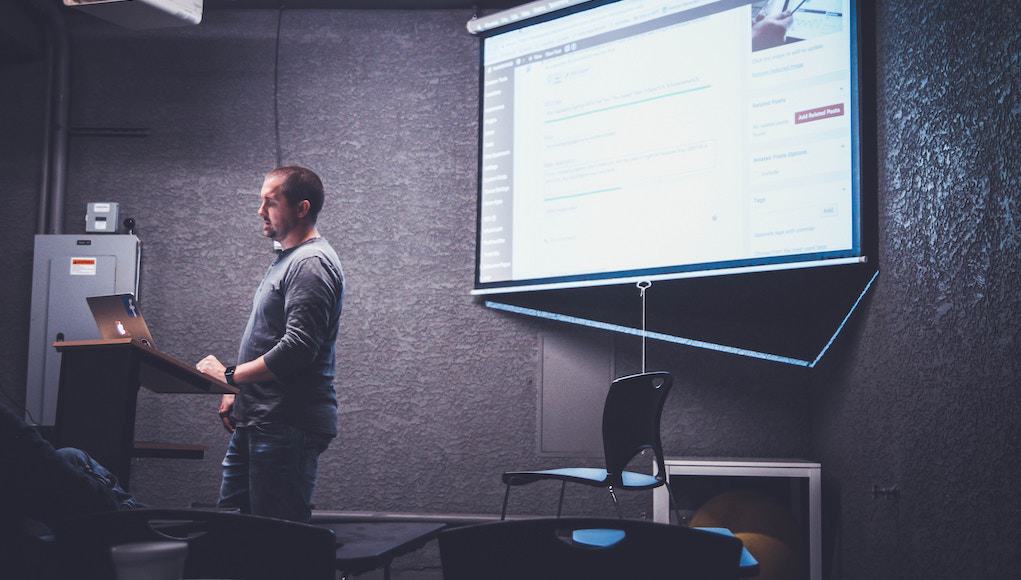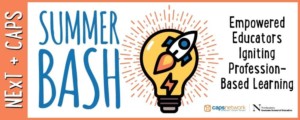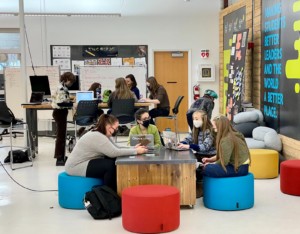Nine Faculty Trends to Watch in 2019

By: Eran Ben-Ari
In 2018 higher education’s attention was on student activism, debates about safe spaces, and the regulation of for-profit colleges. Faculty members were at the center of many of those conversations and I expect they will continue to be the hub of many of the trends emerging in 2019. To peek ahead, here are nine faculty trends to watch in the coming year.
1. The Revival of the Socratic Method
Expect more faculty members to balk at the idea of the “sage on a stage” in 2019. Student engagement is increasingly important to professors – 71 percent say that making the classroom more engaging is their biggest priority. This emphasis on engagement, as well as faculty members’ existing passion for teaching, will likely lead to greater investment in effective pedagogical approaches, like the Socratic Method.
2. Politics on Campus
College campuses have long been a hotbed of political activities. But recently there has been an uptick in politics affecting campus life. Nearly three out of four professors think the current U.S. federal administration is having a negative impact on the future of higher education. From policies that impact financial aid and cases of race-conscious admission making their way through the federal courts to more politically-charged classroom conversations, faculty members can expect to feel the push of politics in the coming year.
3. Additional Adjuncts
Persisting debates about the sustainability and validity of the adjunct system aside, it’s probably safe to presume colleges and universities will continue to hire adjunct professors. Right now 70 percent of faculty are non-tenure track. An increase in that percentage seems likely as there are qualified people to hire and many institutions are committed to the current process.
4. More Adjuncts Will Have Side Hustles
As the hiring trends for adjuncts continue, expect those positions to remain contract-based and have low salaries. This means more adjuncts will be part of the gig economy, cobbling together two – or more – jobs to earn a living. The latest data reports that 73 percent of adjunct professors are underemployed by their institutions. In 2019 that number is sure to increase.
5. Gen Z Will Demand More Tech Enabled Learning
The oldest members of Generation Z are firmly planted in college campuses. These digital natives may already be accustomed to non-lecture style approaches to learning. They were part of cohorts of elementary, middle, and high school students that piloted initiatives such as project-based learning and 1:1 iPad initiatives. For many of them, technology has always been part of their learning and more than half (53 percent) say they prefer classes that use digital technology. In 2019 and beyond, simple slides and standing at a lecturn simply won’t suffice.
6. Technology Will Be More Important Than Ever
In part because of Gen Z’s arrival on campus, technology will continue to be a priority for faculty members. But in addition to student preferences, a survey of professors indicated college-level educators are embracing digital solutions and platforms for their own reasons. A majority (73 percent) of faculty members are reporting that technology makes their job easier and 87 percent say it helps them teach more effectively. With advancements in technologies such as AI, VR and smart speakers, everyone can expect more tech in the classroom.
7. More Data Will be Collected on Campuses
As more faculty members embrace technology, data and analytics will become a bigger part of the conversation. Already the focus has shifted from the mere collection of data to how learner data can be used to improve individual student experiences. By finding ways to use data, professors will be able to shine a light on areas like student engagement, in-the-moment understanding, and adaptive assessment that were previously dark. The trick for faculty members will be finding technologies that allow them to collect, analyze, and apply data in the classroom without feeling the effects of data overload.
8. Makerspaces Take Off on Campuses
While maker spaces are most often associated with K-12 classrooms, in recent years many faculty members have been leading their development on college and university campuses. The latest Horizon Report predicts maker spaces will increase on campuses. With maker spaces at Carnegie Mellon University, University of Michigan, Yale University, and other leading institutions, it seems safe to say that more faculty members will be using innovation lab setups to help college students expand their learning, experiment with technology, and develop skills like creativity and effective problem-solving.
9. Students Buy (Even) Fewer Books
There’s no denying textbooks are expensive and there’s no evidence that prices are going to decrease in the coming year. With rising costs, fewer students will opt to buy the needed materials. Currently, 65 percent of students say they have skipped buying class materials because of high price tags. Faculty members who want to help students get their required reading may be more likely to explore options like free and low-cost open education resources or show their students how to get lower cost textbooks online.
For more, see:
- Three Ongoing Trends in Education Data
- 10 Current and Emerging Trends in Adult Learning
- What Do Broad EdTech Trends Mean for Your School District?
Eran Ben-Ari is Top Hat’s Chief Product Officer, and oversees all product-related functions, including product management, development, design and analytics. You can find Eran on LinkedIn here.
Stay in-the-know with innovations in learning by signing up for the weekly Smart Update.







Kell
#9 - And don't forget, borrowing textbooks from the Library course reserves collection for FREE!!!